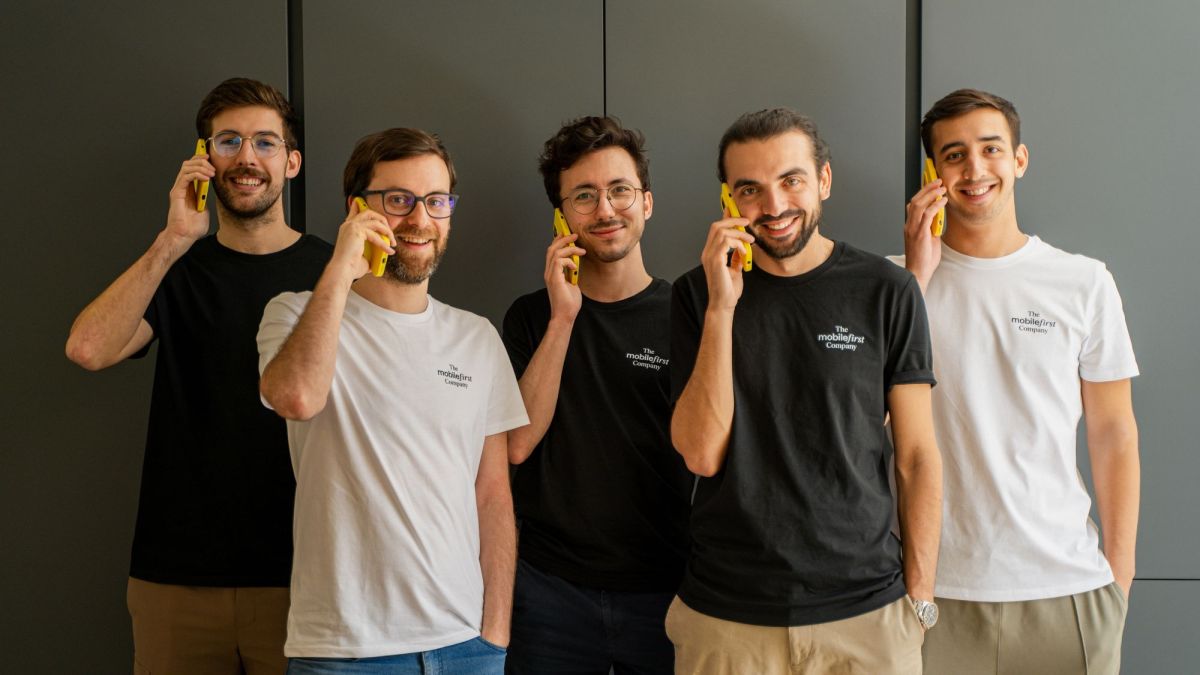Do you find a noticeable difference between consumer and business apps on your phone? While consumer apps are beautifully designed and user-friendly, business apps are often cumbersome to use.
A European startup is revolutionizing B2B apps by focusing on mobile-first design, recognizing that phones have become the primary computer for many individuals. This innovative company is called The Mobile-First Company.
Unlike traditional B2B apps, when you download an app from The Mobile-First Company, you can easily create an account and complete tasks directly from your mobile device. Many companies overlook the importance of mobile functionality, treating mobile apps as secondary tools.
Instead of attempting to replicate complex enterprise solutions like Salesforce or Workday for mobile devices, The Mobile-First Company is targeting small and medium businesses with individualized apps. These businesses do not require complex software systems but rather specific apps tailored to their needs.
The company plans to develop a suite of applications, each focusing on a specific task such as creating quotes, tracking expenses, or managing inventory. This approach sets them apart from competitors who offer all-in-one solutions that can be intimidating for users.
Co-founder and CEO Jérémy Goillot stated, “Our goal is to build a suite of applications, not an all-in-one app. We believe in user-friendly, specialized apps to address the needs of small businesses.”
A New Approach to Inventory Tracking
Ignacio Siel Brunet, the co-founder and CTO of The Mobile-First Company, draws from his experience working with large companies to address the challenges faced by small businesses. The first app launched by the company, Amoa, focuses on inventory tracking.
Many businesses, like garages or photographers, rely on manual methods like spreadsheets for managing inventory. Amoa simplifies this process by allowing users to scan barcodes, add pricing details, and update inventory levels directly from their mobile device.
Even businesses that don’t sell physical goods can benefit from inventory management. For example, photographers can use the app to track camera gear, ensuring they have all necessary equipment for a shoot. Nurses can also utilize Amoa to organize supplies before visiting patients.
Embracing Innovation and Iteration
The Mobile-First Company is committed to innovation and continuous improvement. They follow an agile development approach, quickly developing, testing, and refining app ideas to focus on the most promising ones. This strategy mirrors the fast-paced environment of mobile gaming companies rather than traditional B2B software firms.
CEO Jérémy Goillot, with his previous experience at successful startups like Spendesk, understands the importance of product-market fit. The company plans to introduce premium features in select apps through a subscription model, ensuring sustainable growth.
Since its inception, The Mobile-First Company has received €3.5 million ($3.8 million) in funding from investors like Lightspeed Venture Partners and Emblem. Their goal is to launch six applications by the end of the year, demonstrating their rapid development capabilities.
With a focus on agility and user-centric design, The Mobile-First Company aims to transform the B2B app landscape, delivering innovative solutions tailored to the needs of small businesses.


